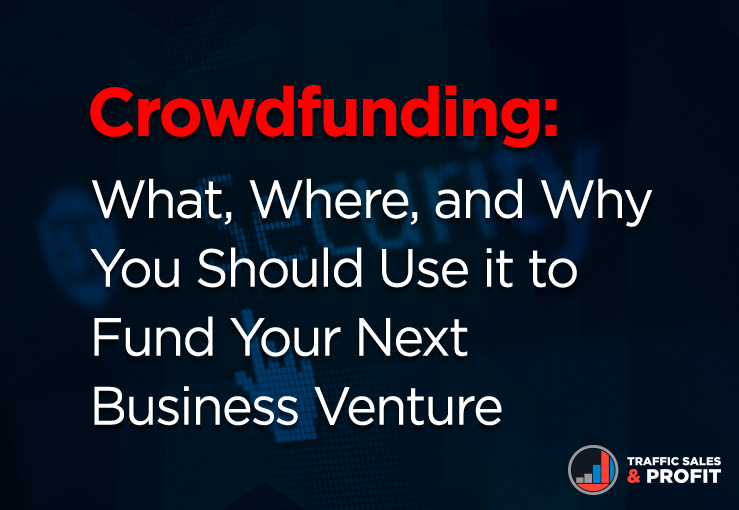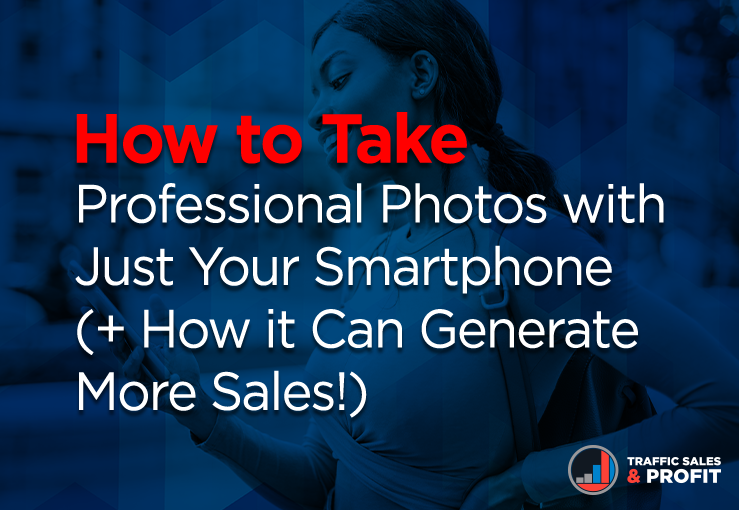We live in a digital world where the internet and social media are king and queen. In order to stand out from the crowd, you have to go above and beyond the normal small business and tap into the vast resources that online avenues like Crowdfunding can provide. Crowdfunding allows entrepreneurs to hack the internet game and raise money for their small businesses, initiatives, and ideas.
- What is Crowdfunding?
- How to Get Started With Crowdfunding
- The Benefits of Crowdfunding for Small Business
- Final Thoughts
What is Crowdfunding?
Crowdfunding, simply put, is a type of fundraising that targets a “crowd” or big group of people to help reach the end financial goal.
According to Crowdfunding.com: crowdfunding is a way to raise money for an individual or organization by collecting donations through family, friends, friends of friends, strangers, businesses, and more.
Using small amounts of capital to raise large amounts of money to fund business ventures.
Over the last 5 to 10 years, this has primarily been done through digital channels. By using social media, word of mouth, and email to spread awareness, people can reach millions more potential donors than traditional forms of fundraising.
Crowdfunding campaigns don’t usually target big ticket donors like angel investors. The very heart of a crowdfunding campaign is getting as many people in your audience and support network to donate a set amount to your organization.
This amount can vary but the idea of casting a wide net to ask 1000 people for $10 each vs.100 people for $100 is what makes the whole concept so successful.
How to Get Started With Crowdfunding
One of the reasons that Crowdfunding is such a good option for entrepreneurs is because setting up a campaign is very simple and easy to manage.
All you have to do is select a crowdfunding platform to create a profile for your business, project or service, set a funding goal and publish it. There are a variety of platforms that you can utilize for your project. Crowdfunding.com has an awesome table that gives a quick overview of the popular sites, fees, and features.
Here are a few from that list to get you started:
| Site | Platform Fee | Payment Fee | Important to Know |
| Gofundme | 0% | 2.9% + $0.30 | Can withdraw immediately and deposits take 2-5 business days 24/7 rapid email support, mobile app, superior add beneficiary feature Easy to use fundraising tools make setup fast GoFundMe Guarantee protects donors and beneficiaries from fraud |
| Indiegogo | 5% | 3% + $0.30 | Offers “flexible funding” Specializes in technology and hardware product launches Regular email support hours; marketing and campaign strategy support |
| Kick Starter | 5% | 3% + $0.20 | Specializes in creative projects with robust reward level feature14-day wait to withdraw and deposits take 5-7 business days Limited email support hours Requires Kickstarter approval to launch a fundraiser |
via Crowdfunding.com
With platforms like the above, people that support you can then give donations to your campaign usually for some sort of incentive, whether it be a reward or equity in your company or project in some way.
The 2 Main Types of Crowdfunding
There are two most main types of crowdfunding for small business owners and entrepreneurs looking to raise money: rewards-based and equity-based.
REWARDS-BASED CROWDFUNDING
Rewards-based funding is probably the type that people traditionally think of when they consider crowdfunding. Typically, donors to these types of campaigns receive an incentive in the form of a product, service, exclusive update/content or something similar based on the amount that they donate. $10 tier supporters may get a thank you letter while $100 supporters may get that letter as well as a commemorative pin, live stream, or early access to whatever you’re raising money for.
Rewards-based crowdfunding is likely the best alternative for small business owners looking to get their business off the ground without being beholden to those who would have a say in their overall operations and performance like in equity funding.
EQUITY-BASED CROWDFUNDING
In equity-based funding, donors give capital in exchange for shares of your company. This varies based on the amount that’s being donated but you are accepting money with the knowledge that donors will have either a little or a lot of say in your business operations in the future.
This type of crowdfunding is more based on contributors getting an ROI or return on their investment in a business that has the potential to be successful in the future. This option works best for robust start-ups with solid plans for expansion in high growth industries like tech.
But beware, this could limit your freedoms as a business owner as you do expand because you are beholden to people that expect a return on their initial investment in you and your company.
Despite these two major crowdfunding types, there are instances where people will donate without exchange simply because they want to support you and your business.
The Benefits of Crowdfunding for Small Business
Entrepreneurs can benefit from crowdfunding in several ways. The most attractive ones?
- You can find (potentially hassle-free) financing for your business
- You get an army of donors to get the word out for your business, product or service
The social sharing benefits are almost as sweet as the financial ones when looking at a crowdfunding campaign. As people invest their money, they become invested not only in your project, but its success or failure. As such, they will be much more willing to share the details of your campaign with their network.
So, as a result of your crowdfunding, you’ve shared your project with not only your own social circle, but dozens and dozens of others depending on how much traction you have on you campaign.
You can also think of the money you get from your crowdfunding as a grant. Especially when you lean into sites like GoFundMe and Kickstarter that have low service fees. You don’t have to pay the money back or worry about interest piling up as you work on expanding your business and making it the best that it can be.
In addition, female entrepreneurs tend to have more success with crowdfunding platforms, making it an easy choice for women looking to get a business off the ground. According to a recent report from PwC and the Crowdfunding Center, women across the globe are 32% more likely to reach their financing goals using crowdfunding than men.
Women across the globe are 32% more likely to reach their financing goals using crowdfunding than men.
This is because women tend to appeal to the emotional side of people and make connections vs. trying to sell their product based on purely the benefits and features. Men usually are more technical and jargon-heavy, making it more difficult to connect with their projects.
But that doesn’t mean men aren’t successful in their attempts as well.
The most important thing is that you are consistent and persistent with reaching your crowdfunding goals because the one major con is that for a lot of sites, if you do not reach your full goal, you will not receive any money.
Though crowdfunding can be simple and easy for those that are determined to succeed, it’s not something that you can just let lie. The success of your campaign depends on how much you’re willing to pour into it and your business.
That way people are willing to pour back into you!
Final Thoughts
Crowdfunding is a great financing alternative to taking out big business loans or seeking investors for small business owners looking to grow their businesses. The barrier for entry is low and getting the word out is as simple as making a Facebook post with a link to your campaign.
There are so many reputable sites that can help you achieve your financial goals through Crowdfunding.
By leaning into your own established network and audience, you can leverage your existing support into capital to expand your business and goals.
Stay consistent with your campaigns, make sure to stay connected with donors by offering updates and information about how things are coming along with your goals. Plan out great incentives for any reward-based fundraising and make clear guidelines and documentation about any equity-based fundraising so you and your investors are on the same page.
Most importantly, keep your mind oriented towards success. Your first campaign may not be successful; a lot of sites require that you make your goals or lose it all and that can be hard to do for a start-up. However, if you keep pushing, keeping your ultimate goals in mind, you will find success!
While you’re here, check out These 27 Free Small Biz Funding Opportunities & Resources For Entrepreneurs Like You to help diversify your fundraising efforts to ensure that nothing will stop you from achieving those goals.
And make sure to check out our other articles on how you can make money you need to grow your business on the TSP Blog!
Keep in touch with TSP by following and subscribing to our social media pages! Connect with us on Facebook, Instagram, and YouTube for countless tips, additional tools, and most importantly a supporting community.
TSP Facebook Group: https://bit.ly/35ybwKs
TSP Instagram: https://bit.ly/3diGclx
TSP YouTube Channel: https://bit.ly/2L6pzxg















0 Comments